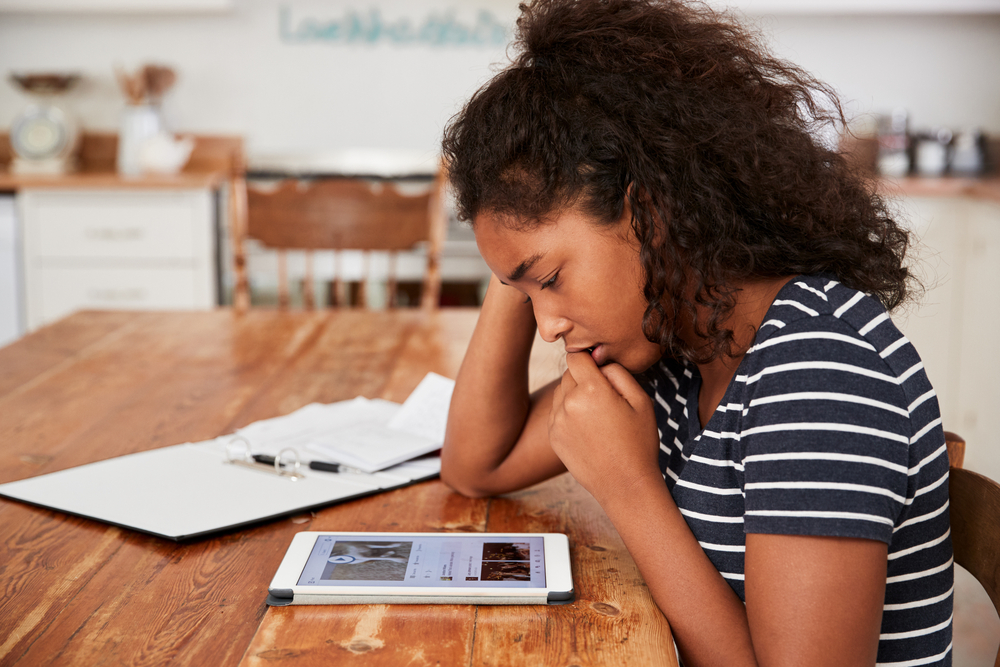It has been a little over a week since the Tyre Nichols video showcasing his brutal murder was released, and I have yet to see it. Even without seeing the video, I know what it shows: an immense amount of brutality so severe that even the chief of Memphis police was appalled by the video. Even without the preface of the police chief, another stone-cold murder caught in 4k, just like so many before it, and unfortunately, more to come. From the announcement of the video’s release until the moment it did drop, it felt like a quiet fog of anxiety hovered over social media in anticipation.
How many of us clocked the group wait to be a bit cruel and sadistic?
Maybe it is violent games and movies, which multiple articles cite as being a cause of desensitization, but one thing is for sure, the internet will show you the most violent and anxiety-inducing traumatic event you will ever see. Sometimes you have absolutely no choice whether you are going to watch it at all. If we are lucky, we don’t remember that it is not make-believe. Additionally, are people even taking into consideration that it may be harmful to others to watch no matter what, or are they more excited about the numbers, no matter how macabre? What happens when awareness just becomes engagement? Is there a comfortable place to feed our need for knowledge but not stroke our own egos and need for likes? I am not sure about other people, but I am tired of seeing pictures of Black boys murdered, or anyone murdered for that much, (sidenote: I am also very tired of seeing children in fight videos and very against sharing them as a whole).
I have not seen anyone murdered up close, but I can just look at my phone and be sure to see a real murder without having to search very hard and often without having to research it all. Quite often, when posting trauma porn, the poster, even if inadvertently, shows little regard for the life that is being taken and the life that is being forced to watch an extremely traumatic event, like a murder, live.
The invention of the television was intracule to the success of the Civil Rights Movement.
The broadcasting of the terrorism against Black people in this country brought racism and its insidiousness into the homes of people who previously refused to see it. It made it not s just imply a Southern issue or a Black issue, but an American issue. One could easily argue that many of these videos on social media are serving the same function, but social media does have a dopamine kick that broadcast journalism probably doesn’t. To counter the video of Tyre’s life being mercilessly beaten out of him, many people instead opted to show video of Tyre in happier times, sharing a video of him skateboarding and pictures of him smiling to counter the negative effects of watching someone’s life be stolen from them so heinously.
Awareness is important for movements to gain traction, and many cases, such as the Ahmaud Abery case, would have remained possibly unpunished, and his murderers would have even remained free were it not for the circulation of his last moments alive, but still, at its core, we collectively watched a young man get targeted, hunted down and annihilated.
I do not think we take into consideration that social media is still very much a shared space, hell on Twitter, I could literally open it up and see open legs without a trigger warning or little consideration for the time and space someone may be in when they open the app on their phone.
Is there a way to get the information circulated while still preserving the dignity of the victim and the integrity of the poster? Can both co-exist? Do the ends justify the means?


